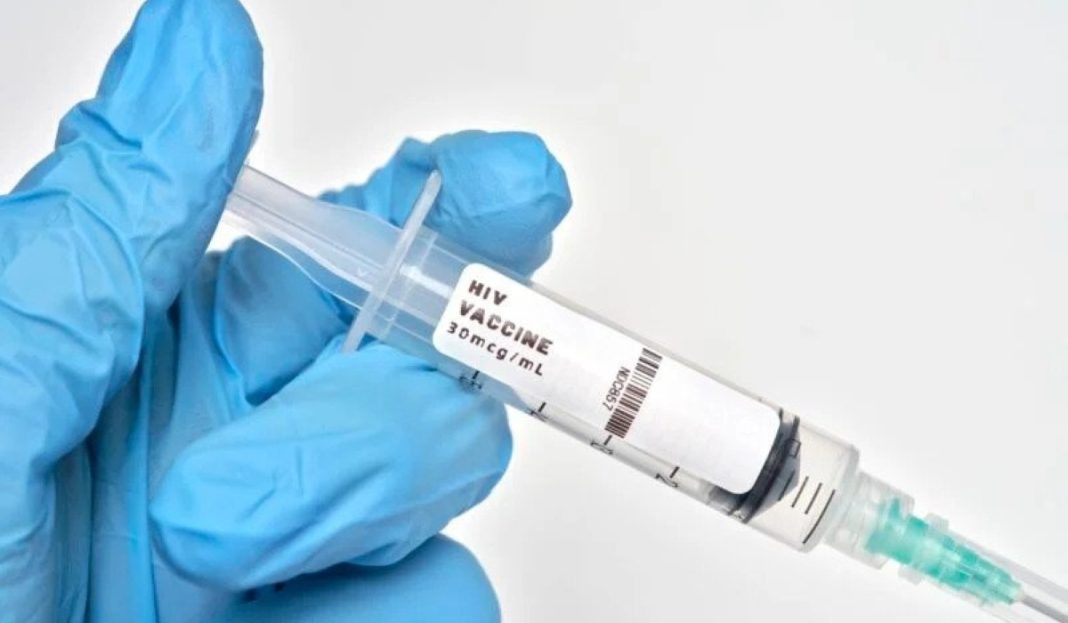According to officials in charge, the preliminary stages of an ongoing mRNA vaccine trial for HIV in Rwanda, which began in 2021, have displayed promising advancements. The International AIDS Vaccine Initiative (IAVI), a global non-profit organization, is sponsoring the trials conducted in Rwanda and South Africa.
The objective of these trials is to evaluate the effectiveness of eOD-GT8 60mer, an HIV immunogen developed by IAVI and Scripps Research, administered through Moderna’s mRNA platform.
The trial, known as IAVI G003, builds upon previous HIV vaccine research, including the successful IAVI G001 trial conducted in the USA. IAVI G001 demonstrated that the immunogen safely induced desired immune responses in 97 percent of healthy adult recipients in the US.
IAVI G003 seeks to determine if vaccination with eOD-GT8 60mer can elicit similar immune responses in African populations as observed in IAVI G001.
Karie Youngdahl, Executive Director of Communications at IAVI, provided insights on the initial phase of the trials and expressed optimism about their progress. She mentioned that all vaccinations have been administered, and volunteer follow-up and data analysis are ongoing. Due to the complex nature of the vaccination approach, IAVI plans to conduct additional Phase I trials to refine the sequential vaccine regimen.
Youngdahl added that the interim analysis from a related US-based trial, IAVI G002, indicated that mRNA delivery of the same vaccine candidate used in IAVI G003 resulted in immunological responses that were equal to or stronger than when delivered via protein in the previous US trial, IAVI G001.
The IAVI G003 trial aims to enroll a total of 18 healthy, HIV-negative adult volunteers across multiple trial sites. Each participant receives two doses of eOD-GT8 60mer, which contains a non-infectious portion of the viral sequence.
Safety monitoring lasts for six months after the final dose, and extensive analysis of immune responses is conducted to evaluate the targeted outcomes. The primary trial objectives include safety and immunogenicity, which assesses the ability of the substance to stimulate an immune response.
Dr. Gallican Rwibasira, the manager of the HIV Division at Rwanda Biomedical Center (RBC), emphasized the significance of such vaccine trials for Rwanda, a country driven by scientific evidence. He mentioned that clinical trials offer the best evidence for strategies and interventions, and Rwanda’s well-established HIV program can attract further trials and investigations to support ongoing epidemic control.
Dr. Rwibasira noted that the IAVI G003 trials are currently in the first phase, focusing on individuals with a low risk of HIV transmission. Subsequent phases will include populations at higher risk. The RBC and regulatory authorities such as the Rwanda FDA are overseeing and monitoring the trial’s progress.


